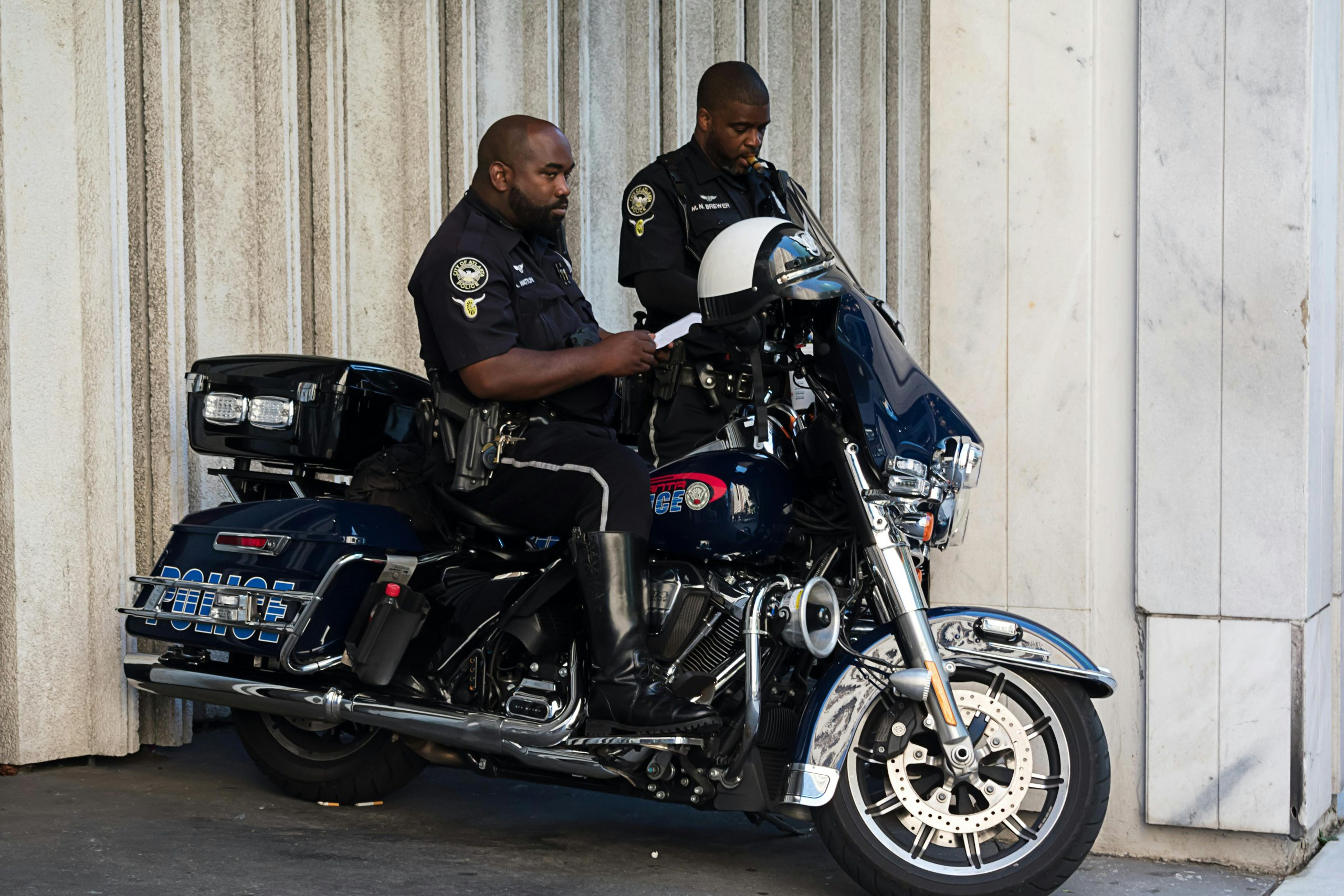Police Accountability Measures in State Legislation
Police accountability has been a hot topic in recent years, with calls for reform and increased transparency in law enforcement. In response, many states have taken action by implementing police accountability measures in their legislation. These measures aim to hold officers accountable for their actions and improve relationships between police and the communities they serve. In this article, we will delve into the various police accountability measures that have been enacted at the state level and their impact on law enforcement and society as a whole.
The Need for Police Accountability Measures
Before we dive into the specifics, it is important to understand why police accountability measures are necessary. The issue of police misconduct and excessive use of force has been at the forefront of public discourse, especially in light of high-profile incidents such as the deaths of George Floyd, Breonna Taylor, and countless others. These incidents have highlighted the urgent need for reform within law enforcement agencies across the country.
Police accountability measures serve as a safeguard to prevent and address potentially harmful behavior by law enforcement officers. They also aim to improve transparency and foster trust between police and the communities they serve. When officers are held accountable for their actions, it not only promotes justice but also helps to rebuild faith in the justice system.
Mandatory Body Cameras
Introduction and Requirements
One of the most common police accountability measures is the mandatory use of body cameras by officers. These small cameras worn on the officers’ uniforms capture interactions between police and citizens, providing visual evidence in case of any misconduct allegations. Currently, 19 states have passed legislation requiring the use of body cameras for law enforcement officers. The use of body cameras is also mandated by several municipalities and police departments.
These laws typically require officers to have their cameras on at all times during interactions with the public, with exceptions for privacy in schools, hospitals, and other sensitive locations. The recordings are then stored for a designated period of time, ranging from 30 days to a year, depending on the state. Most states also have specific guidelines for when footage can be released to the public.
Impact and Controversy
Body cameras have been hailed as a valuable tool for holding officers accountable and providing transparency in police interactions. Studies have shown that the use of body cameras has led to a decrease in complaints and use of force by officers. It also allows for a more accurate account of events, reducing confusion and conflicting narratives.
However, the use of body cameras has also been met with some controversy. Critics argue that they do not prevent police misconduct and may not capture the full context of a situation. There are also concerns about the cost of storing and maintaining footage, as well as privacy concerns for citizens being recorded without their consent.
Civilian Oversight Boards
Overview and Requirements
Civilian oversight boards, also known as police oversight commissions, serve as a third-party review for citizen complaints against law enforcement officers. These boards consist of community members who are appointed or elected to represent the public’s interests. They work closely with police departments to investigate complaints and make recommendations for disciplinary action or policy changes.
Currently, over 100 cities across the United States have some form of civilian oversight board. Each state has its own requirements and guidelines for these boards, and their powers vary. Some have the authority to subpoena officers and conduct their own investigations, while others serve as an advisory role to the police department.
Impact and Controversy
Civilian oversight boards have been praised for providing a channel for community members to voice their concerns and hold officers accountable. They also help to bridge the disconnect between police and the public, as community members are involved in the oversight process. In cities like New York, where civilian oversight boards have been in place for decades, they have been credited with reducing police brutality and improving relationships between police and communities of color.
However, there have been criticisms of these boards, with some arguing that they lack the authority and resources to hold officers accountable effectively. There have also been concerns about potential conflicts of interest among board members and the impact of political influences on investigations.
Independent Investigations of Police Misconduct
Overview and Requirements
In recent years, there have been calls for independent investigations of police misconduct, separate from internal investigations conducted by police departments. This means that a neutral third party, such as a special prosecutor or a civilian board, would be responsible for conducting investigations and making decisions on disciplinary action.
Several states have passed legislation requiring independent investigations, including Colorado, New York, and Maryland. These laws aim to remove any conflicts of interest and ensure a fair investigation process for both officers and citizens.
Impact and Controversy
The use of independent investigations has been praised for promoting fairness and reducing the likelihood of cover-ups or bias in internal investigations. It also helps to restore public trust in the justice system. However, there have been concerns about the resources and time needed to conduct these investigations, as well as the potential for protracted legal battles between departments and independent investigators.
Conclusion
Police accountability measures in state legislation are crucial in promoting transparency and rebuilding trust between police and communities. Mandatory body cameras, civilian oversight boards, and independent investigations are just a few examples of the measures that have been implemented to hold officers accountable for their actions. However, these measures are constantly evolving, and there is still much work to be done to address systemic issues in our justice system. By continuing to implement and improve upon these accountability measures, we can work towards a fair and just society for all.










